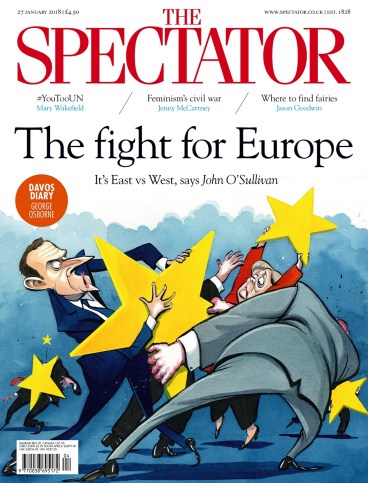The house on the hill
‘True crime’ is a genre that claims superiority over imagination, speculation and fantasy. It makes a virtue of boredom and detailed accounts of procedure and paperwork, and characteristically narrates two things: the process of investigation and discovery, and the events that set them off. But what happens if those procedures can’t be narrated? What becomes












